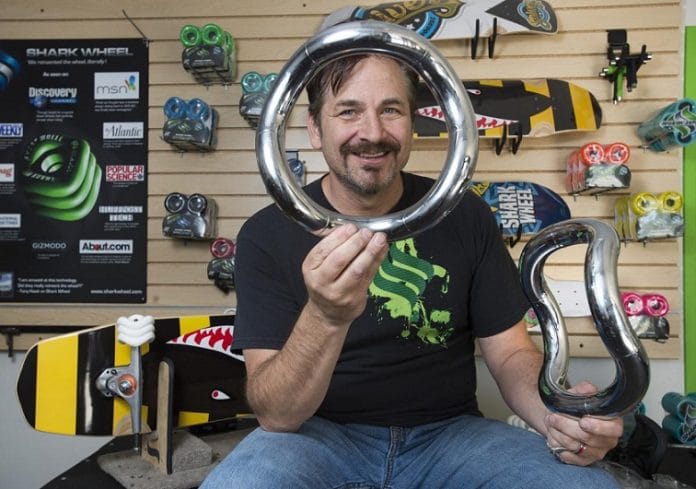Guest post by Iain Patton
“Change before you have to” is the celebrated business adage by General Electric’s famous CEO, Jack Welch, one much quoted across consulting circles.
In the USA and Britain, our governments have outlined programmes to provide aid to small businesses that look like a lifeline on paper. The reality is rather different. For many, winning government aid feels like winning the lottery.
What should our governments be doing differently? Will things ever go back to how they were? Should they? And what, if any, are the opportunities in this pandemic?
Large conglomerates with the benefit of management consultants will likely have contingency plans in place to ride out economic downturns. But for smaller business owners running on tight margins and at greater risk, few could have anticipated a global pandemic would turn their livelihoods upside down in a matter of weeks.
Small and medium-sized enterprises are the real drivers of our economy. Some have been able to ride the wave better than others; some are being driven to the brink of destruction, others are adapting and flourishing. What exactly distinguishes them?
Like many aspects of life in the time of COVID-19, the pandemic also presents a business opportunity. A key benefit of running a smaller enterprise is its agility and ability to quickly adapt.
Amidst the chaos, some stealthy business owners are doing just that – adapting their strategies, their sales channels and their entire ethos to reevaluate, remodel and realign.
How are they running their companies under the constraints of Coronavirus? What are the realities they’re facing in this new world order? Is working in isolation more or less productive? And is it possible to pandemic-proof a business?

Some industries it appears have fared better than others. For entrepreneur David Patrick from Shark Wheel (pictured above) who literally reinvented the wheel (for skateboards), business is booming. “People with time on their hands have been buying more recreational items like skateboards – and our sales are off the chart,” he says.
But booming business doesn’t guarantee an easy ride for growing startups when cash flow is at its tightest.
“When you’re growing and you’re scaling. you’re not stockpiling profits because you have to spend constantly in order to sustain your growth,” says Dana Donofree whose business – AnaOno in women’s lingerie has withstood the crushing impact of COVID-19 on the retail industry.
So how should growing startups manage their cash flow, and is it prudent to scale a business under the looming threat of recession?
For another business owner who has managed to scale his family butchers into a thriving online enterprise, the increase in demand, coupled with social distancing has meant he’s had to hire more staff which carries a heightened risk of someone contracting the virus.
These are just some of the questions being asked in the Making it Work podcast series which addresses the day-to-day challenges of small business owners; such as making difficult decisions on keeping employees and how to keep up the momentum, to the bigger picture top-down questions.
Filling a much-needed gap, Making It Work features 12 episodes highlighting real-world case studies from a diverse range of business owners on the ground. Their shared experiences and challenges can provide SMEs and entrepreneurs with the insights to steer their business through the uncertainty of trading during a pandemic and perhaps even identify the opportunities.
Of particular interest will be the two-part COVID-19 SPECIAL Part I – How Are Small Businesses Staying Alive? and Part 2 – How Do You Run a Business During Lockdown?
All 12 episodes now available on Apple Podcasts, Soundcloud, Spotify and Stitcher.
Most great ideas are, after all, preceded by chaos!


